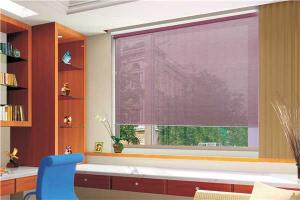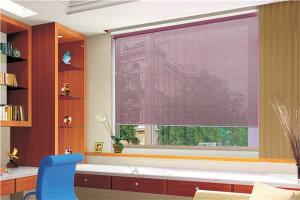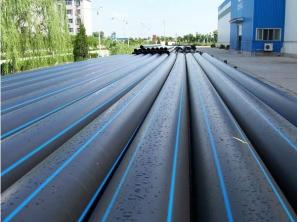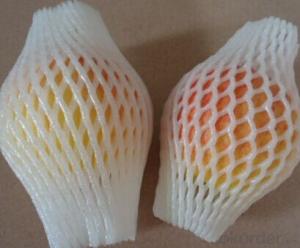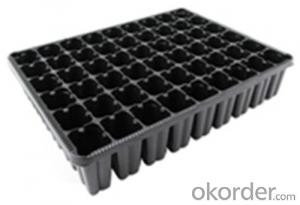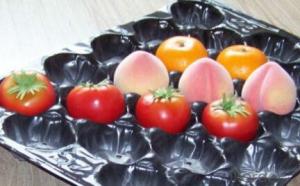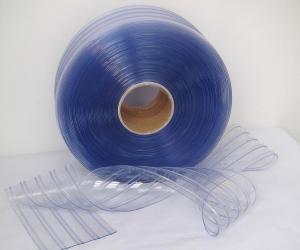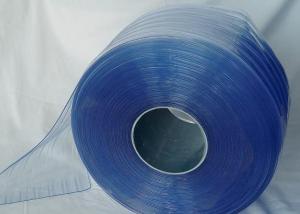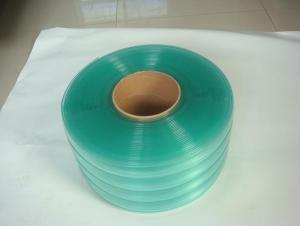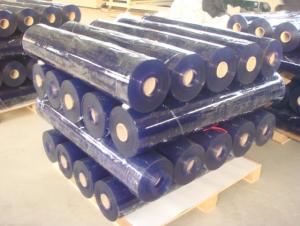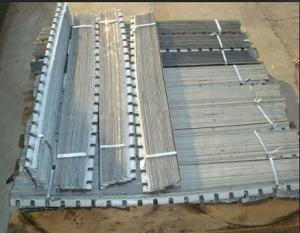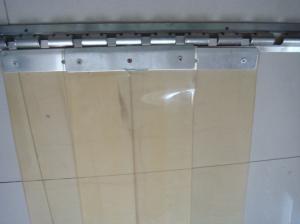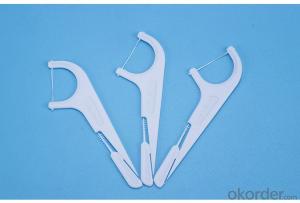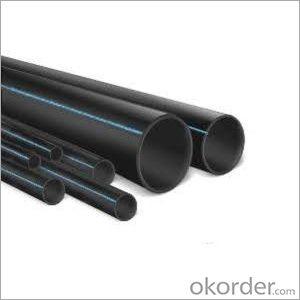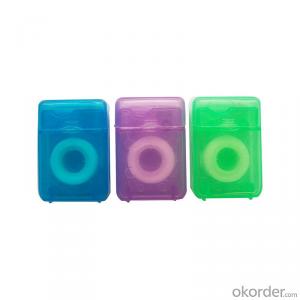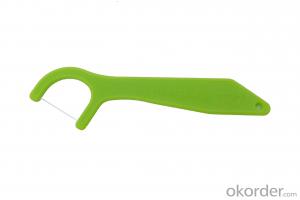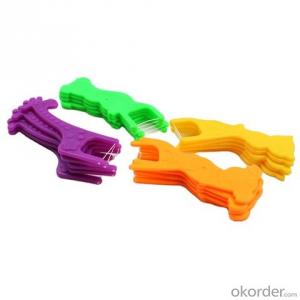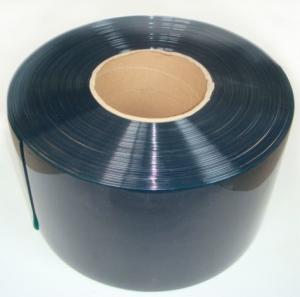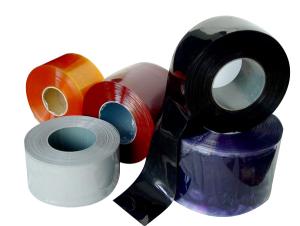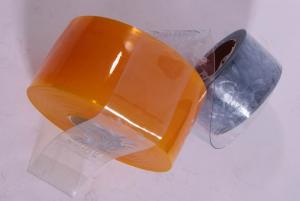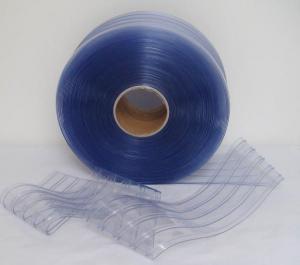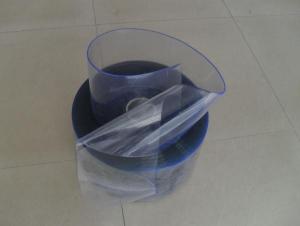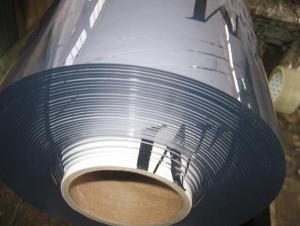Sunscreen Roller Blind Curtaion Used For Office
- Loading Port:
- Ningbo
- Payment Terms:
- TT or LC
- Min Order Qty:
- 1000 m
- Supply Capability:
- 500000 m/month
OKorder Service Pledge
Quality Product, Order Online Tracking, Timely Delivery
OKorder Financial Service
Credit Rating, Credit Services, Credit Purchasing
You Might Also Like
The curtain could be used in home and office for decorating or shading. The material of products in our company is eco- friendly and durable, and the UV-protection for this goods is strong. It's easy to install and disassemble to clean. And it looks quite beautiful and practical. The main materials for curtain are polyester and non-woven cloth, its track is aluminum and the snap is plastic.At the same time, Material, color and size can be customized as customer's demand.
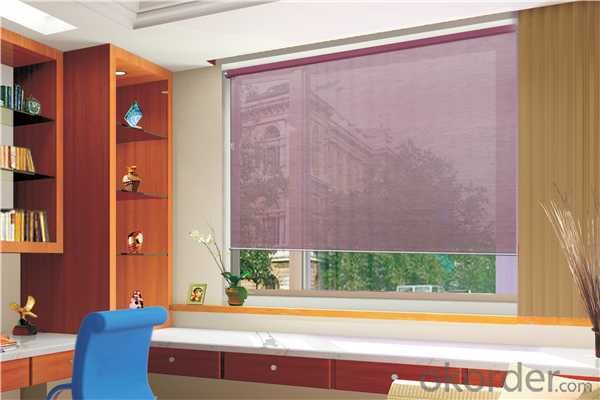
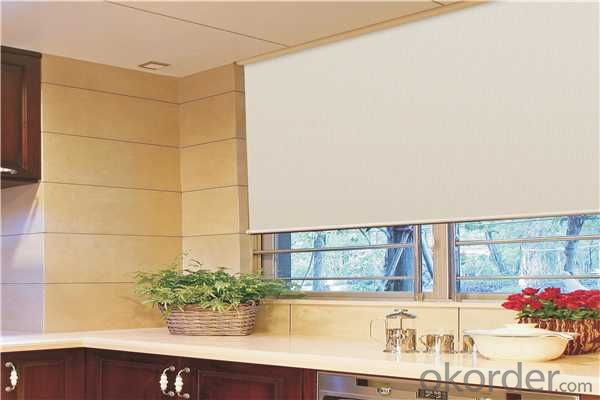
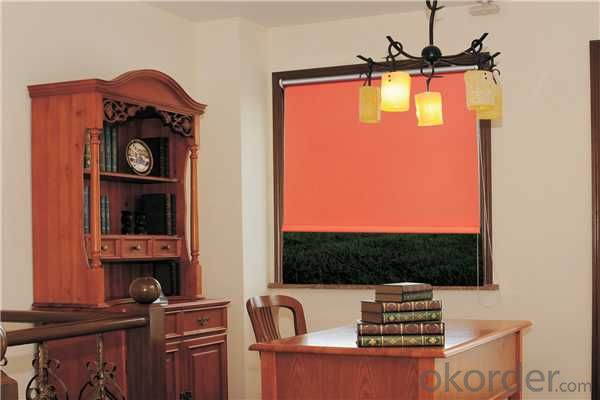
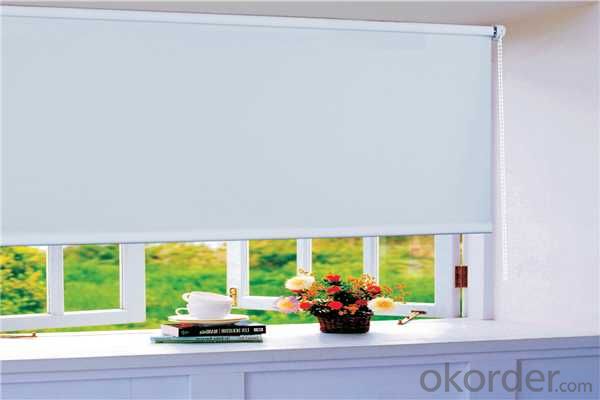
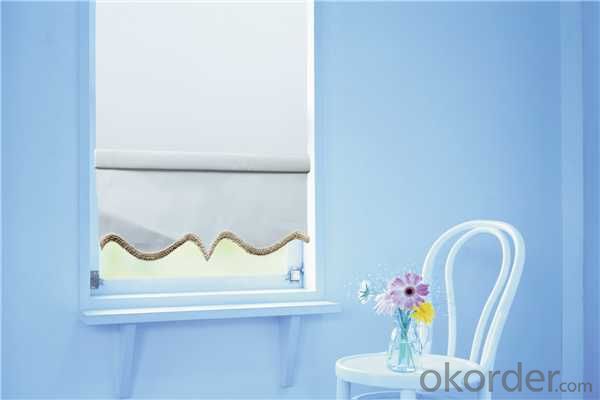
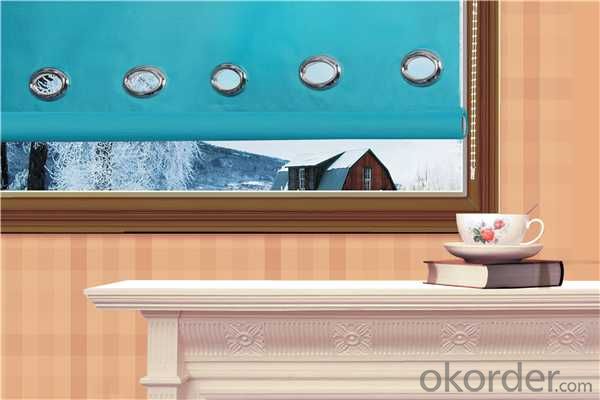
- Q:Can plastic home appliances be safely used around children or pets?
- Yes, plastic home appliances can be safely used around children or pets as long as they are used responsibly and under adult supervision. It is important to ensure that the appliances are in good condition, properly maintained, and used according to the manufacturer's instructions. Additionally, it is crucial to keep any potentially harmful substances or chemicals that may be used with these appliances out of reach of children and pets.
- Q:Are there any specific guidelines for cleaning or maintaining plastic parts in home appliances?
- Yes, there are specific guidelines for cleaning and maintaining plastic parts in home appliances. It is recommended to use mild soapy water and a soft cloth or sponge to clean the plastic surfaces. Avoid using abrasive cleaners or scrub brushes as they may cause damage. Additionally, it is important to regularly inspect and remove any dirt or debris from the plastic parts to prevent build-up and ensure proper functioning of the appliance.
- Q:How does plastic affect the overall noise levels of home appliances?
- Plastic can have a significant impact on reducing noise levels in home appliances. Its properties, such as its sound-absorbing abilities and ability to dampen vibrations, help to minimize noise produced by the appliance components. By incorporating plastic components or coatings in appliances, manufacturers can effectively reduce noise pollution and enhance the overall acoustic experience for users.
- Q:What are the main considerations in choosing the UV resistance of plastic for home appliances?
- The main considerations in choosing the UV resistance of plastic for home appliances are durability, aesthetics, and safety. UV rays from the sun can cause plastic to degrade over time, leading to discoloration, brittleness, and reduced lifespan of the appliance. Therefore, selecting a plastic with high UV resistance ensures the appliance will maintain its structural integrity and functionality. Additionally, UV resistance helps preserve the aesthetic appearance of the appliance, preventing fading or yellowing. Lastly, considering UV resistance is crucial for safety as it prevents potential hazards, such as the release of harmful chemicals due to plastic degradation under UV exposure.
- Q:Are there any specific disposal methods or guidelines for home appliances with plastic parts?
- Yes, there are specific disposal methods and guidelines for home appliances with plastic parts. It is recommended to check with your local waste management or recycling facilities for specific instructions. In most cases, plastic parts should be removed and recycled separately, while the remaining appliance should be disposed of following proper electronic waste (e-waste) disposal procedures.
- Q:How does plastic contribute to the longevity of home appliances?
- Plastic contributes to the longevity of home appliances by providing durability and resistance to wear and tear, as well as offering insulation and protection against moisture and corrosion. Additionally, plastic components often have lighter weight, making appliances easier to handle and transport, while also reducing the risk of damage from impacts or accidents.
- Q:What are the considerations for using recycled plastics in home appliances?
- There are several considerations when using recycled plastics in home appliances. Firstly, the quality and durability of the recycled plastics need to be assessed to ensure they can withstand the demands of appliance usage. Additionally, the safety of the recycled plastics should be evaluated to ensure they do not contain any harmful substances that could pose health risks. Furthermore, the availability and cost of recycled plastics should be considered to determine the feasibility of incorporating them into the manufacturing process. Lastly, the environmental benefits of using recycled plastics, such as reducing waste and conserving resources, should also be taken into account.
- Q:Are there any specific guidelines for using home appliances with plastic parts in humid environments?
- Yes, there are specific guidelines for using home appliances with plastic parts in humid environments. It is important to ensure that the plastic parts are made from materials that are resistant to moisture and humidity. Additionally, regular cleaning and maintenance of the appliances can help prevent the buildup of moisture, which can lead to damage or malfunction. It is also advisable to keep the appliances in well-ventilated areas and avoid exposing them to excessive humidity or condensation.
- Q:Can plastic home appliances be easily molded into complex shapes?
- Yes, plastic home appliances can be easily molded into complex shapes due to the flexibility and malleability of plastic materials.
- Q:What are the main considerations in choosing the thermal conductivity of plastic for home appliances?
- The main considerations in choosing the thermal conductivity of plastic for home appliances include the desired temperature control, energy efficiency, safety, and the specific application requirements. A plastic with low thermal conductivity can help in maintaining stable temperatures and reducing heat loss, thereby enhancing energy efficiency. Safety is another crucial factor, as a plastic with high thermal conductivity could potentially lead to burns or overheating. Additionally, the specific application requirements, such as the type of appliance and the materials it will come into contact with, must also be taken into account when selecting the thermal conductivity of the plastic used in home appliances.
1. Manufacturer Overview |
|
|---|---|
| Location | |
| Year Established | |
| Annual Output Value | |
| Main Markets | |
| Company Certifications | |
2. Manufacturer Certificates |
|
|---|---|
| a) Certification Name | |
| Range | |
| Reference | |
| Validity Period | |
3. Manufacturer Capability |
|
|---|---|
| a)Trade Capacity | |
| Nearest Port | |
| Export Percentage | |
| No.of Employees in Trade Department | |
| Language Spoken: | |
| b)Factory Information | |
| Factory Size: | |
| No. of Production Lines | |
| Contract Manufacturing | |
| Product Price Range | |
Send your message to us
Sunscreen Roller Blind Curtaion Used For Office
- Loading Port:
- Ningbo
- Payment Terms:
- TT or LC
- Min Order Qty:
- 1000 m
- Supply Capability:
- 500000 m/month
OKorder Service Pledge
Quality Product, Order Online Tracking, Timely Delivery
OKorder Financial Service
Credit Rating, Credit Services, Credit Purchasing
Similar products
New products
Hot products
Hot Searches
